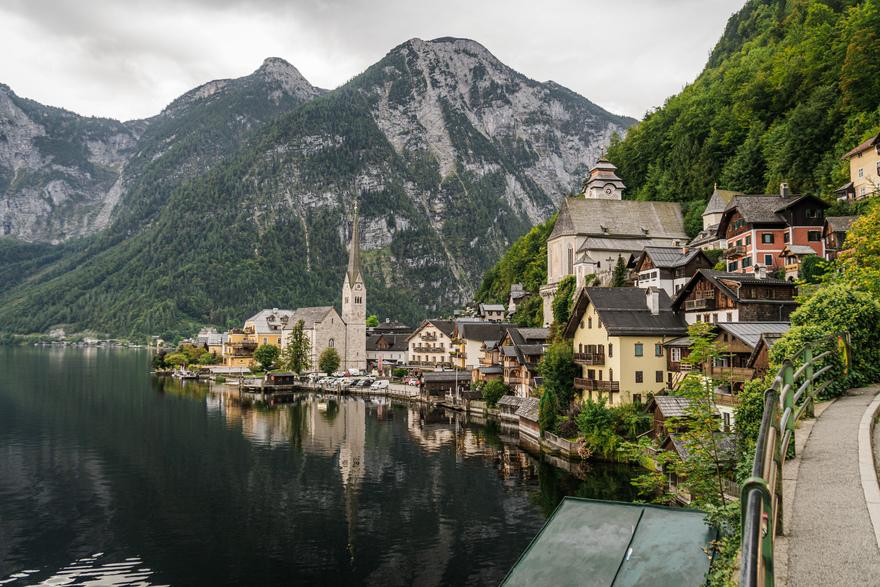
Prospective tourists from Thailand are a primary target within Southeast Asia for the Austrian National Tourism Office (ANTO), bolstered by improved flight frequency, which is set to recover to 50% of the level reached in 2019.
Southeast Asia is the fastest-growing source market, recording a 90% rebound since Covid-19 measures were lifted, exceeding other Asian markets that still report slow growth, such as China at 15% and Japan at 50%, said Emanuel Lehner-Telic, regional manager of ANTO and attaché for tourism at the Austrian Embassy Bangkok.
Mr Lehner-Telic said Southeast Asian tourists ranked among the top three markets with an average tourism expenditure of around €500 or 18,500 baht per day.
In 2019, arrivals from Southeast Asia tallied 258,000 and accounted for 454,000 overnight stays.
Thai tourists accounted for 23% or 60,000 of the total arrivals, with 110,000 overnight stays during the year.
Meanwhile, the resumption of flights between Thailand and Austria increased to 12 per week, which are operated by EVA Air and Austrian Airlines.
Prior to the pandemic in 2019, 20 flights per week were operating between the two countries.
The limited seat capacity was attributed to the withdrawal of Thai Airways from the Bangkok-Vienna route as the airline has not resumed direct flights to the Austrian capital.
He said Thai visitors can apply for an Austrian visa through VFS Global, with the agency's visa application capacity now returning to normal.
Lilly Freudmayer, a marketing manager for the Middle East and Southeast Asia at ANTO, said Austria is still facing some hiccups at its airports, such as flight cancellations and labour shortages, similar to many other countries, but she insisted severe problems like last-minute cancellations never occur.
She said most restaurants and hotels have reopened their businesses for tourists.
According to ANTO, Austria is the top skiing destination in Europe, with a 50% market share.
Austria ranked sixth in the world in terms of the UN Sustainable Development Goals and the country has developed green facilities to cater to the demand of young travellers, said Mr Lehner-Telic.
Highlights include Zell Am See-Kaprun, which has committed to 11 steps to reduce its carbon footprint, with several businesses certified with the Austrian Eco-Label, a seal of quality for businesses focused on sustainability.
According to Thailand's Tourism and Sports Ministry, Thai visitors spent six days on average in Austria with daily expenditure of around 6,200 baht per person.







